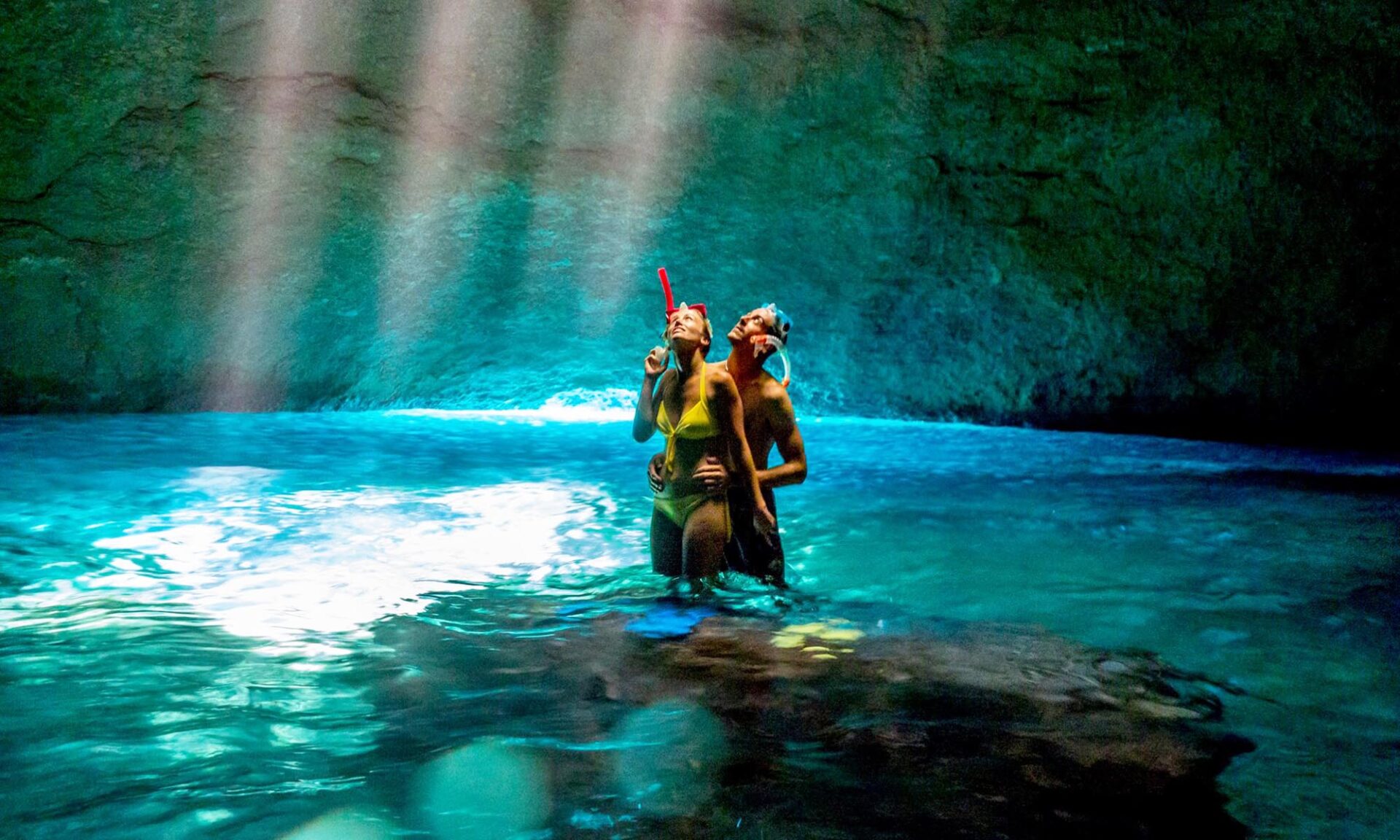VANUATU (Commonwealth union)_Nikenike Vurobaravu is the president of a small country with a big hand in climate diplomacy.
Rising sea levels threaten his Pacific Island nation of Vanuatu and its population of just more than 300,000 people. He believes that raising its voice creatively in international diplomatic conversations is its best protection.
Vanuatu proposed in 1991 that developed countries pay for irreversible climate-related damage suffered by developing countries like his. After 30 years of deliberations, an agreement was struck last month at the United Nations climate conference in Egypt to establish a fund to assist poor nations in dealing with climate loss and damage.
Vurobaravu used the UN General Assembly podium earlier this year for the first time to propose a fossil fuel “nonproliferation pact.”
He is now dangling Vanuatu’s most controversial idea to yet. He wants the International Court of Justice, the world’s highest judicial body based in The Hague, to rule on whether governments have “legal obligations” to protect people from climate hazards, and, more importantly, whether failing to meet those obligations can result in “legal consequences” under existing international laws. In summary, the petition asks the court to rule on whether governments can be sued for climate inaction.
“We think outside the box,” said Vurobaravu, a quiet-spoken man with a grey downturned moustache that resembles a sad face emoji but is anything but. Vanuatu has learned to innovate as a little country that has historically been irrelevant, as he put it. “I feel we wouldn’t have gotten very far if you tried to proceed in the way that others do things,” he stated.
The draught resolution contains 17 co-sponsors, including at least one industrialised nation with a significant share of historical emissions – Germany. It is not supported by the United States or China.
Diplomacy may be Vanuatu’s only line of defence. Vanuatu has no army and no valuable commodity other than tuna, which is gradually leaving Vanuatu’s territorial waters as the oceans warm.
Vanuatu’s draught resolution requesting a legal opinion from the International Court of Justice was tabled for discussion at the General Assembly in mid-November. Negotiations over every word and comma are expected to last several months, with a vote possibly taking place in early 2023.
The resolution must be adopted by a majority of the General Assembly’s 193 member countries. The votes of superpowers and minor nations are equally weighted.
For nearly a century, Britain and France shared control of the islands, which had been inhabited by Indigenous Melanesian people from the sixth century B.C. In the early 1800s, Europeans were drawn to Vanuatu’s sandalwood, then to its land and labour. Cotton plantations were created first, followed by coffee, bananas, and coconuts. Vanuatu became independent in 1980. Vurobaravu, a skilled lawyer, became a diplomat at that time. He established his country’s foreign service.
When Vanuatu was admitted to the General Assembly in 1981, his buddy, American filmmaker-turned-lawyer Robert Van Lierop, became the country’s first envoy to the UN. Vanuatu went on to contribute to the formation of the Alliance of Small Island States, or AOSIS, which has since grown into a powerful bloc of 39 countries in global climate negotiations. In 1991, as a UN climate convention was being drafted, Van Lierop advocated a “loss and damage” mechanism.
A group of law students came up with the notion of requesting a legal opinion from the International Court of Justice four years ago, according to Vurobaravu. Pam, a Category 5 storm, has already battered Vanuatu’s capital. Entire settlements were demolished. Crops were devastated. The low death toll was attributed to an early warning system: 11 individuals died.
Vurobaravu is now the grandfather of two children. “The effects of climate change are becoming increasingly severe,” he remarked. “When I look at their faces and imagine what it would be like when they’re 20, 30, 40?”
Cyclones of Category 4 and 5 are now prevalent, and the cyclone season, which lasts from November to March, coincides with the planting season for Vanuatu’s subsistence farmers. His home island, Malo, was struck by a big typhoon in 2020. Malo’s inhabitants needed on aid for nearly a year.







